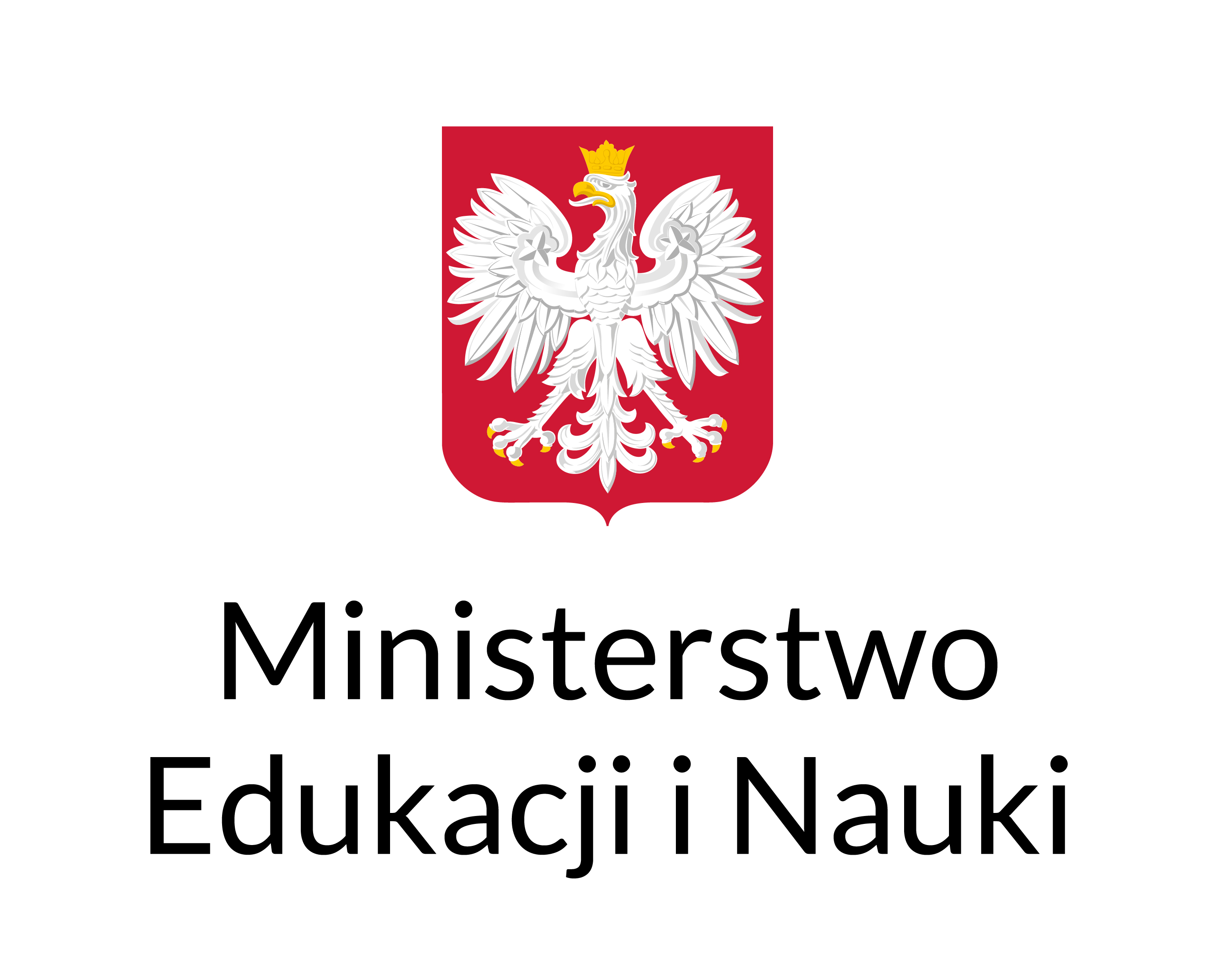Conference Report: International Scientific Conference on ‘Theoretical and Practical Aspects of Constitutional Identity’
Abstract
One of the most significant questions in Europe is constitutional identity. The progression of globalisation and the federalisation of the European Union (EU), hindered sovereignty of the member states. In this climate, the notion of constitutional identity, which is a component of national identity enshrined in constitutions, has become one of the key tools for regaining autonomy. Many conflicting opinions have emerged in the scholarly world regarding the application of constitutional identity. One view is that it is just a vague instrument that aims to obstruct European integration, while another group of experts states that it is the last resort to stop the enforcement of an ideologically filled common identity generated by judicial organs, which is often contrary to national identities. To discuss this topic, a research group titled ‘Constitutional Identity and Relations Between the EU Law and the Domestic Law of the Member States’ was established. The group of renowned experts from France, Germany, the Czech Republic, Croatia, Hungary, Poland, Romania, Italy, and the Slovak Republic led by Professor András Zs. Varga conducted structured scientific research using a common questionnaire. The first outcome of their work was the International Scientific Conference on the ‘Theoretical and Practical Aspects of Constitutional Identity’ presented at the Faculty of Law and Political Sciences of the Pázmány Péter Catholic University in Budapest. The event served as an extraordinary opportunity to observe the meaning of constitutional identity in member countries, how it is protected, and the similarities and differences between member states. In this short report, I summarised the fundamental points of each presentation to provide key themes and messages.
References
Baroš, J. (2013) ‘Cesty k suverenitě lidu: nástin genealogie jednoho konceptu’, Časopis pro právní vědu a praxi, 21(1), pp. 1–10.
Belling, V. (2016) ‘Dělitelná nebo nedělitelná? koncept suverenity v judikatuře ústavního soudu čr’, Právník, 2016/8, pp. 641–662.
Bertrand, M. (2022) ‘Constitutional Identity’ in Raisz, A. (ed.) International Law From a Central European Perspective. Legal Studies on Central Europe. Miskolc-Budapest: Central European Academic Publishing, pp. 21–39; https://doi.org/10.54171/2022.ar.ilfcec_2.
Bertrand, M. (2007) ‘Les règles et les principes inhérents à l'identité constitutionnelle de la France, une catégorie juridique fonctionnelle à définir’ in Andersen, R. et al. Itinéraires d’un constitutionnaliste. En hommage à Francis Delpérée. Bruylant-LGDJ, pp. 977–987.
Brajković, L. (2021) ‘O (ne)postojanju klauzula vječnosti u Ustavu Republike Hrvatske’, Zagrebačka pravna revija, 10(3), pp. 269–289 [Online]. Available at: https://hrcak.srce.hr/274945 (Accessed: 14 April 2023).
Calliess, C. (2019) ‘Constitutional Identity in Germany: One for Three or Three in One?’ in Calliess, C., Van der Schyff, G. (eds.) Constitutional Identity in a Europe of Multilevel Constitutionalism. Cambridge: Cambridge University Press, pp. 153–181; https://doi.org/10.1017/9781108616256.008.
Čičak, A., Žuškić, A. (2013) ‘Nacionalni identitet i njegova važnost tijekom ulaska u Europsku uniju’, Essehist, 5(5), pp. 97–103 [Online]. Available at: https://hrcak.srce.hr/184479 (Accessed: 14 April 2023).
Cochinţu, I., Titirişcă, C. (2019) ‘Constitutional Identity And European Membership’, Union of Jurists of Romania Law Review, 10(special issue 2), pp. 62–68.
Fabbrini, F., Pollicino, O. (2019) ‘Constitutional Identity in Italy: Institutional Disagreements at a Time of Political Change’ in Calliess, C., Van der Schyff, G. (eds.) Constitutional Identity in a Europe of Multilevel Constitutionalism. Cambridge: Cambridge University Press, pp. 201–221; https://doi.org/10.1017/9781108616256.010.
Faraguna, P. (2019) ‘Unamendability and Constitutional Identity in the Italian Constitutional Experience’, European Journal of Law Reform, 21(3), pp. 329–344; https://doi.org/10.5553/EJLR/138723702019021003008.
Florczak-Wątor, M., Krzemiński, M. (eds.) (2022) Interdyscyplinarny wymiar tożsamości konstytucyjnej. Kraków: Wydawnictwo Księgarnia Akademicka; https://doi.org/10.12797/9788381387149.
Guțan, M. (2022) ‘Romanian Constitutional Identity in Historical Context’ in Csink, L., Trócsányi, L. (eds.) Comparative Constitutionalism in Central Europe. Miskolc-Budapest: Central European Academic Publishing, pp. 109–128; https://doi.org/10.54171/2022.lcslt.ccice_7.
Hamuľák, O. (2013) ‘Suverenita státu včera a dnes – k dynamice pojmu a hermeneutickým posunům v jeho chápání’, Právny obzor. Teoretický časopis pre otázky štátu a práva, 96(3), pp. 222–239.
Hodás, M. (2018) ‘O princípe ústavnej tolerancie alebo národná identita, ústavný dialóg a viacúrovňový ústavný systém Európskej únie’, Acta Iuridica Olomucensia, 13(3), pp. 108–127.
Knob, M. (2017) ‘Role suverenity při analýze vztahu Evropské unie a České republiky jako členského státu EU – slepá větev, nebo odrazový můstek?’, Časopis pro právní vědu a praxi, 25(2), pp. 325-337; https://doi.org/10.5817/CPVP2017-2-10.
Miháliková, V. (2018) ‘Národná identita členského štátu ako dôvod poskytnutia odlišnej miery ochrany základných práv v porovnaní s chartou základných práv Eú’, Acta Universitatis Carolinae – Iuridica, 64(4), pp. 39–52; https://doi.org/10.14712/23366478.2018.32.
Muszyński, M. (2023) ‘Tożsamość konstytucyjna jako granica lojalności państwa wobec UE’, Prokuratura, 2023/1, pp. 5–40.
Piccirilli, G. (2022) ‘The Italian “constitutional identity” in the European composite constitution’, Toruńskie Studia Polsko-Włoskie, pp. 261–273; https://doi.org/10.12775/TSP-W.2021.018.
Polzin, M. (2016) ‘Constitutional identity, unconstitutional amendments and the idea of constituent power: The development of the doctrine of constitutional identity in German constitutional law’, International Journal of Constitutional Law, 14(2), pp. 411–438; https://doi.org/10.1093/icon/mow035.
Simon, S. (2021) ‘Constitutional Identity and Ultra Vires Review in Germany’, Central European Journal of Comparative Law, 2(1), pp. 185–205; https://doi.org/10.47078/2021.1.185-205.
Smerdel, B. (2014) ‘In Quest of a Doctrine: Croatian Constitutional Identity in the European Union’, Zbornik Pravnog fakulteta u Zagrebu, 64(4), pp. 513–534 [Online]. Available at: https://hrcak.srce.hr/128143 (Accessed: 14 April 2023).
Sobczak, J. (2018) ‘Tożsamość narodowa jako zagadnienie konstytucyjne’ in Balicki, R., Jabłoński, M. (eds.) Dookoła Wojtek…: księga pamiątkowa poświęcona Doktorowi Arturowi Wojciechowi Preisnerowi. Wrocław: E-Wydawnictwo. Prawnicza i Ekonomiczna Biblioteka Cyfrowa. Wydział Prawa, Administracji i Ekonomii Uniwersytetu Wrocławskiego, pp. 165–174.
Tribl, N. (2022) ‘Az alkotmányos identitás múltja és jövője Európában’ in Erdős, Cs., Orbán, B., Smuk, P. (eds.) Gubernatio, Constitutio, Communitas - Ünnepi írások a 65 éves Stumpf István tiszteletére. Budapest: Századvég Kiadó, pp. 491–500.
Trócsányi, L. (2014) Az alkotmányozás dilemmái. Alkotmányos identitás és európai integráció. Budapest: HVG-ORAC.
Trócsányi, L. (2019) ‘Magyarország alkotmányos identitása’ in Orbán, B., Szalai, Z. (eds.) Ezer éve Európa közepén: A magyar állam karaktere. Budapest: Mathias Corvinus Collegium, Tihanyi Alapítvány, pp. 31–41.
Varga, Zs. A. (2021) ‘Az Alaptörvény jelentősége Magyarország szuverenitásának védelmében’, Acta Humana, 9(2), pp. 155–178; https://doi.org/10.32566/ah.2021.2.7.
Viala, A. (2011) ‘Le concept d’identité constitutionnelle. Approche théorique, in L’identité constitutionnelle saisie par les juges en Europe’ in Burgorgue-Larsen, L. (ed.) Cahiers Européens. Paris: IREDIES, n° 1, Pédone, pp. 7–24.
Vujević, M. (2007) ‘Nacionalna Identifikacija u Hrvatskoj’, Društvena istraživanja, 16(3), pp. 379–404 [Online]. Available at: https://hrcak.srce.hr/19039 (Accessed: 14 April 2023).
Copyright (c) 2023 Central European Academic Publishing

This work is licensed under a Creative Commons Attribution-NoDerivatives 4.0 International License.












